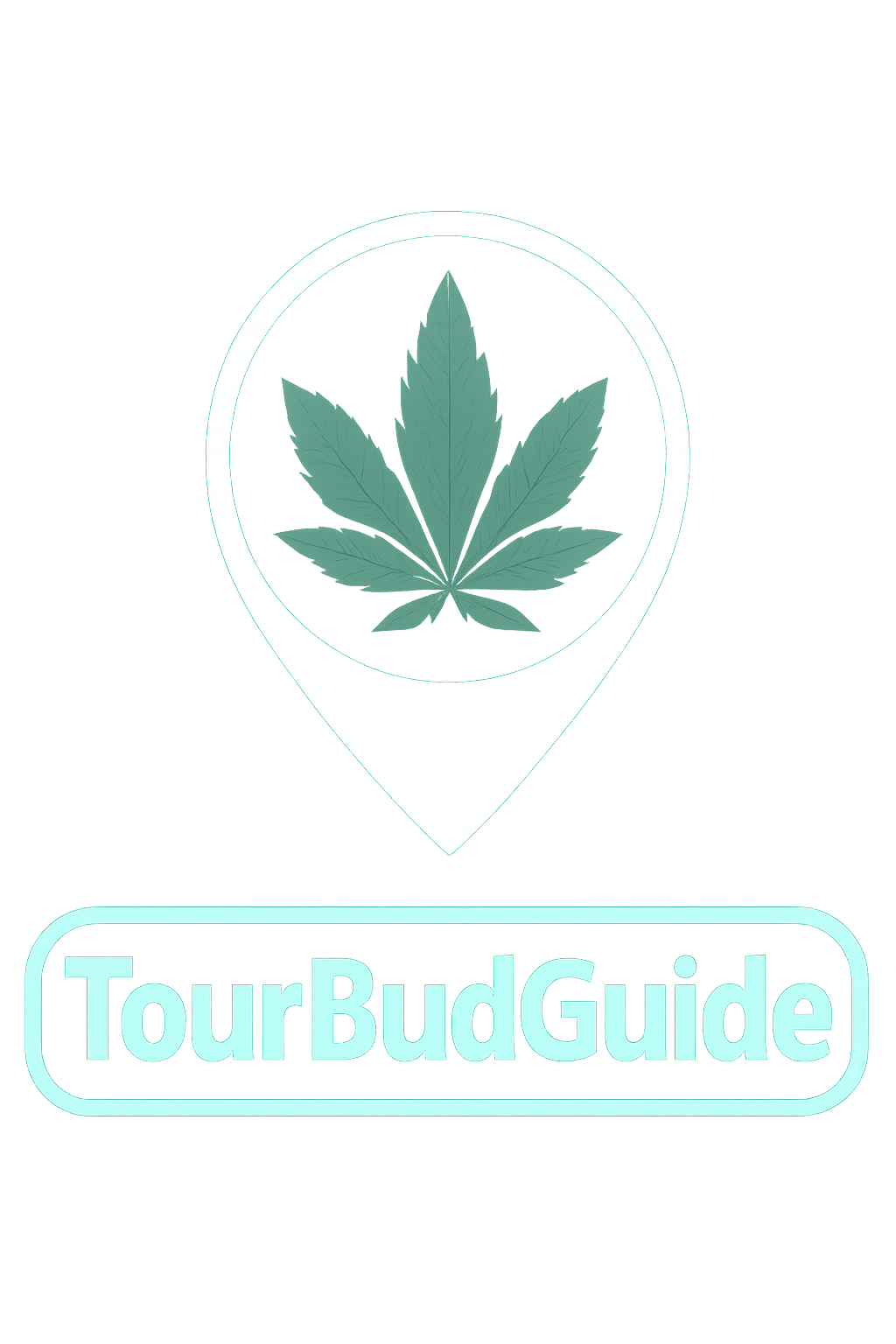
Discovering Weed in Trinidad and Tobago: Cannabis Culture in the Caribbean
Trinidad and Tobago, a vibrant twin-island nation in the southern Caribbean, is known for its rich cultural heritage, music, festivals, and beautiful landscapes. Beyond its famous Carnival and steelpan music, the country has a longstanding relationship with cannabis, locally known as ganja or weed. Despite historical and cultural ties to cannabis, its legal status has evolved significantly over the years, creating a complex landscape for medicinal, recreational, and cultural use.
This article explores cannabis in Trinidad and Tobago in a human-readable manner, covering its history, legal status, cultural significance, medicinal applications, social trends, tourism impact, economic potential, challenges, and future outlook.
Historical Context: Cannabis in Trinidad and Tobago
Cannabis has a long history in Trinidad and Tobago, shaped by colonialism, migration, and cultural practices:
- Introduction: Cannabis was likely introduced to the Caribbean in the 19th century by indentured laborers from India. They brought with them traditional uses for cannabis in medicine, rituals, and daily life.
- Traditional use: Indigenous populations and early settlers incorporated cannabis into herbal remedies to treat pain, digestive issues, and other ailments. It was also used in spiritual and religious practices, particularly among communities with Hindu and Rastafarian influences.
- Colonial restrictions: Under British colonial rule, cannabis was criminalized, reflecting global trends in drug regulation. These laws shaped the legal and social framework that continues today.
- Cultural integration: Over time, cannabis became intertwined with cultural expressions, especially within music, religious practices, and social gatherings.
Historically, cannabis in Trinidad and Tobago has been medicinal, spiritual, and communal, blending indigenous knowledge with immigrant traditions.
Legal Status: Cannabis Regulations in Trinidad and Tobago
Trinidad and Tobago has undergone significant legal reforms regarding cannabis in recent years:
- Decriminalization: In 2019, Trinidad and Tobago decriminalized the possession of up to 30 grams of cannabis for personal use. Offenders are subject to fines rather than criminal charges for minor possession.
- Cultivation: Cultivation beyond this limit remains illegal and subject to prosecution.
- Trafficking and distribution: Selling, transporting, or distributing cannabis remains illegal and can result in serious criminal penalties, including imprisonment.
- Medical cannabis: Trinidad and Tobago has legalized medical cannabis, allowing registered patients to access cannabis-based treatments for chronic pain, epilepsy, anxiety, and other conditions. Licensed medical cannabis facilities have begun to emerge, providing a regulated framework for therapeutic use.
The legal framework emphasizes responsible use, patient access, and public safety, reflecting a modern approach to cannabis regulation in the Caribbean.
Cannabis Culture in Trinidad and Tobago
- Rastafarian influence: Rastafarian communities use cannabis sacramentally, viewing it as a spiritual herb that promotes meditation, reflection, and religious devotion.
- Music and arts: Cannabis has influenced calypso, soca, reggae, and dancehall music, reflecting its integration into youth culture and artistic expression. Musicians and festival-goers often reference cannabis in songs and performances.
- Urban vs. rural: In urban areas like Port of Spain, cannabis culture is more discreet and socially regulated, while rural communities have historically cultivated and consumed it more openly.
Cannabis culture in Trinidad and Tobago emphasizes spirituality, creativity, and social bonding, reflecting the nation’s diverse heritage.
Medicinal Uses of Cannabis
Medical cannabis is gaining recognition and acceptance in Trinidad and Tobago:
- Pain management: Cannabis is used to alleviate chronic pain, arthritis, and inflammation.
- Neurological conditions: Patients with epilepsy, multiple sclerosis, or neuropathy may benefit from cannabis-based treatments.
- Mental health: Cannabis can help manage anxiety, depression, PTSD, and sleep disorders under medical supervision.
The government’s medical cannabis program reflects a commitment to regulated, therapeutic use, balancing patient access with safety and clinical oversight.
Recreational Use and Social Trends
- Private consumption: Most cannabis use occurs in homes, social gatherings, or private events to avoid legal complications.
- Youth culture: Young adults, students, and music enthusiasts are most engaged with recreational cannabis, influenced by international media and cultural trends.
- Social responsibility: Awareness campaigns encourage moderation, especially regarding driving, public consumption, and underage use.
Recreational use reflects a balance between enjoyment, cultural tradition, and legal compliance.
Cannabis and Tourism
- Legal compliance: Tourists can possess small amounts (up to 30 grams) without criminal charges, but public consumption remains restricted.
- Cultural exploration: Visitors can learn about Rastafarian practices, traditional medicine, and cannabis in music and arts without engaging in recreational use.
- Responsible engagement: Cannabis tourism emphasizes education, awareness of laws, and respect for local culture.
Cannabis tourism in Trinidad and Tobago is educational, cultural, and cautious, rather than purely recreational.
Economic Potential
Cannabis presents significant opportunities for Trinidad and Tobago’s economy:
- Medical cannabis industry: Regulated cultivation and distribution support healthcare innovation and patient access.
- Agricultural development: Small-scale cultivation could provide income for rural farmers, contributing to local economic growth.
- Export potential: Trinidad and Tobago could develop high-quality medical cannabis for international markets, following the model of other Caribbean nations.
The economic potential requires strong regulation, quality control, and sustainable practices to maximize benefits while minimizing risks.
Challenges and Social Considerations
Cannabis in Trinidad and Tobago faces several challenges:
- Regulatory enforcement: While decriminalized, enforcement against larger-scale illegal cultivation and trafficking remains stringent.
- Social stigma: Despite cultural integration, cannabis use can still be stigmatized, particularly in conservative communities.
- Healthcare infrastructure: Medical cannabis programs are still developing, and public awareness about therapeutic use is limited.
Addressing these challenges requires education, transparent policies, and culturally sensitive initiatives.
The Future of Cannabis in Trinidad and Tobago
Trinidad and Tobago’s cannabis landscape points toward growth, regulation, and cultural integration:
- Medical expansion: The government is likely to expand patient access, licensed dispensaries, and clinical research.
- Recreational regulation: Decriminalization may evolve into broader legalization frameworks, balancing public health and social responsibility.
- Industrial opportunities: Hemp cultivation can contribute to sustainable industries and rural employment.
Global trends in legalization, medical research, and economic development offer a roadmap for Trinidad and Tobago to harness cannabis responsibly.
Conclusion
Discovering weed in Trinidad and Tobago involves understanding its historical, cultural, medicinal, and economic dimensions. Cannabis has influenced traditional medicine, spiritual practices, music, and rural livelihoods, despite previous legal restrictions.
Medical cannabis programs provide therapeutic benefits under regulation, and industrial hemp presents economic opportunities for sustainable growth.
Cannabis in Trinidad and Tobago represents a bridge between tradition and modernity, cultural heritage and medical innovation, recreational enjoyment and legal responsibility, illustrating how a Caribbean nation embraces the complexities of cannabis in the 21st century.
If you want, I can also create a tourism-focused 1000-word version for Trinidad and Tobago that highlights cultural exploration, Rastafarian practices, music festivals, and safe cannabis experiences, making it immersive for visitors. Do you want me to do that?

Just love this dude Tourbud. Keep up with the good work. Excellent customer service. He goes above and beyond to make sure the order is right, help and support if anything goes wrong.
It was hard to find a reliable plug but finally tourbud showed up and gained my trust. Definitely he is the way out and hands down the best.@ https://t.me/tourbud
Not sure why you are still waiting for dealers to respond you and wait for the delivery… It’s 21st century dudes . these guys usually have several strains always available in center so just couple of clicks and you get GPS coordinates and a photo where to grab your stuff immediately after crypto payment or gift card payment. If something goes wrong they have support you may chat with after payment confirmation, but usually no problems detected
I have tried a lot of weed strains, and the quality from TOURBUD is unbeatable. The process was seamless, and the strains arrived fresh and potent and I paid using bitcoin before delivery. guys text him on telegram for fast reply @ https://t.me/tourbud
As someone who”s always looking for natural wellness options, TOURBUD has been amazing. his weed strains helped me unwind after workouts ,and his service was top-notch, I was a bit hesitant at first, but TOURBUD made the entire purchase process easy and secure. email him tourbudguide@gmail.com
The variety of cannabis strains at tourbud is impressive I was able to find exactly what i was looking for and his customer service was very helpful, I can’t wait to try more products.
I contacted him on his telegram and due to security reasons he requested crypto payments which i did.
about 30minutes later my dope was dropped at my requested location
great guy!!!
i highly recommend email tourbudguide@gmail.com
Everytime I order, I get excited not only for his TOP NOTCH PRODUCTS, but his amazing customer service.
From the time I start my text, to when my weed arrives, tourbud makes every encounter fast, friendly and SO AFFORDABLE. He works with you to get what you need.
Thank you Tourbud for been so good to me everytime.